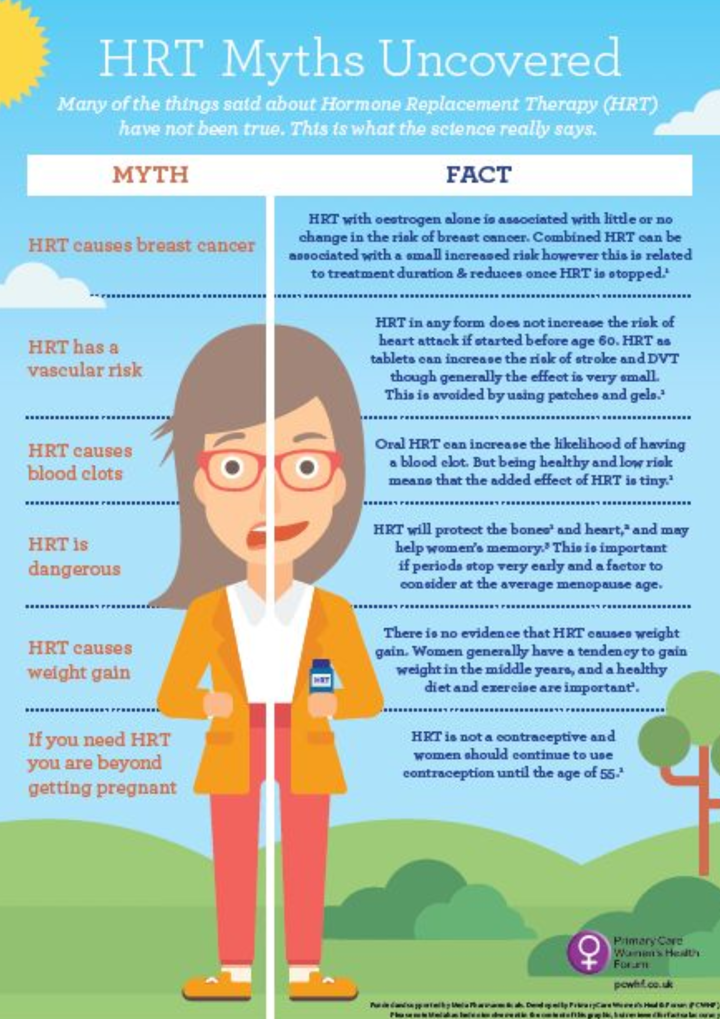Empowering You Through Menopause Symptom Support
Navigating through menopause can pose significant challenges, particularly when symptoms go unrecognized. At Mendip Vale Medical Group, we are dedicated to delivering exceptional care tailored to women experiencing this transition. Our clinical team undergoes continuous training to ensure they possess the expertise needed to effectively support you during this phase.

Menopausal symptoms vary widely. While hot flushes, night sweats, and changes in bleeding patterns are commonly acknowledged, other symptoms may be overlooked, potentially leading to delays in appropriate treatment.
To facilitate a comprehensive assessment, we encourage the use of a validated 'menopause symptom questionnaire'. By utilising this tool, both you and our team can identify symptoms that may stem from hormonal changes, enabling us to devise the most suitable management plan for your needs. You'll find the questionnaire linked below.
Completing this questionnaire before starting treatment helps in understanding your symptoms holistically and facilitate ongoing monitoring to gauge treatment efficacy.
Exploring Menopause and Perimenopause
Our team has meticulously assessed numerous resources aimed at fostering a better understanding of menopause and perimenopause. Among the wealth of available materials (useful resources link below), we recommend the following booklet as an excellent starting point for a comprehensive overview:
Also available in other languages including Welsh, Polish or screen reader
_________________________________________________________________________________
Making treatment decisions
Recognising the uniqueness of each individual, treatment for menopausal symptoms is personalised based on your specific symptoms, medical history, and priorities. Our team values your active participation in the decision-making process. Our goal is to collaboratively identify the treatment that aligns best with your needs and effectively manages your symptoms.
The following links provide a tool to help assist decision making for your treatment journey. It aids in comprehensively considering and understanding the benefits and risks associated with hormone replacement therapy.
While hormone therapy can offer excellent symptom control and improve overall quality of life while also benefiting bone and heart health, we advocate a holistic approach. Growing evidence supports various lifestyle interventions such as exercise, diet adjustments, yoga, mindfulness practices, moderating alcohol consumption, and smoking cessation, as well as cognitive-behavioural therapy in managing menopausal symptoms alongside or as alternatives to HRT. Therefore, discussions regarding management will encompass these factors alongside medication options.
It's essential to acknowledge that symptom relief may take time to achieve, and treatment adjustments may be necessary to effectively manage your symptoms. Rest assured, we are committed to supporting you through this journey, providing guidance and adjustments as needed to optimize your well-being.

_________________________________________________________________________________
When should you contact us via e-consult
- If you believe you are be experiencing menopause symptoms
- If Your symptoms have changed or not being well managed, and you would like to review / start treatment
- If You are over 54 or have been or sequential HRT for longer than 5 years so we can consider changing to continuous HRT
- If You have started HRT and not yet had a 3 month review
- If You have any concerns about unusual bleeding or symptoms you are worried about whilst on HRT
- If You are over 60 and on an oral form of HRT to discuss long term options
_________________________________________________________________________________
Latest News
- Weight loss drugs and HRT
Recent guidance has been published in relation to the use of GLP1 weight loss medication safely as the use may impact your contraception and have an impact on the effectiveness of your HRT to adequately protect your endometrium (womb lining). This increases your risk of cancer.
https://www.pcwhs.co.uk/_userfiles/pages/files/resources/glp1_contraception_hrt_article.pdf
For those using GLP1 weight loss medication, please consider the following advice:
Contraception:
- All women should use contraception when using GLP1 weight loss medication this includes women on HRT whom may still have a fertile cycle.
- Those taking a GLP1 such as Tirzepatide (Mounjaro) should switch to a non-oral method e.g. an implant or a coil, or add-in condoms for four weeks after initiation and four weeks after each dose increase, to prevent unwanted pregnancy.
- Those using oral contraception who experience vomiting or severe diarrhoea as a side-effect should follow the missed pills guidance in the pill packet.
- Please contact the practice if you want to discuss your contraception.
Hormone replacement therapy:
- Women with a BMI >30 should be using oestrogen via the skin e.g. patch, gel or spray. If you are not using oestrogen via this method, you are at increased risk of blood clots. Please contact the surgery to arrange an HRT review.
- GLP1 weight loss medications such as Tirzepatide (Mounjaro) delay gastric emptying and may therefore reduce absorption of oral progestogens. Transdermal or vaginal routes are unlikely to interact.
- Women should be advised to switch to a non-oral progestogen. Combined patch or levonorgestrel intrauterine device (Mirena coil) which would be preferable while the injectable weight loss medications are being used.
- We are very happy to fit a Mirena coil for women at the practice and this would strongly be the recommended guidance to women in this situation. Please contact the surgery to be added to the waiting list.
- If you do not wish to switch to a Mirena coil or a patch, please remain on your oral progestogen but arrange a consultation to increase the dose. Please be aware that there is uncertainty as to what the correct dose increase might be and whether increasing the dose is enough to ensure safety.
|
Type of Progestogen |
Sequential or Continuous |
Suggested dose increase for 4 weeks at any initiation of dose increase |
|
Micronised Progesterone |
Sequential |
300mg |
|
Continuous |
200mg |
|
|
Medroxyprogesterone |
Sequential |
20mg |
|
Continuous |
10mg |
|
|
Norethisterone |
Sequential |
5mg* |
|
Continuous |
5mg* |
*This does not represent an increase from the usual dose, however the 5mg dose is used because there is no 1mg preparation; a 1mg dose would be sufficient for use in HRT in the absence of a GLP-1 agonist.
All these points should have been discussed with you by your private provider prior to commencing an injectable weight loss medication and at every dose change. Should you need further assistance, please contact the surgery.
- Micronised Progesterone: This is available as either the branded Utrogestan or Gepretix
Guidance from our local medicines management team is to choose the newer available Gepretix as first choice as this has a lower cost and no history of supply issues that were faced with Utrogestan. You may see a change to your repeat prescription to the new brand Gepretix. Please be reassured these brands are both BODY IDENTICAL – micronised progesterone. Synthesised from plant sources and has the same molecular-structure as the progesterone produced by our own bodies.
- Ovestin
This vaginal gel has been discontinued under this brand name; however an equivalent product is still available and you may see your prescription on repeat is changed to Estriol 1mg/g vaginal cream.
- British Menopause Society update April 24
Women taking moderate or high dose oestrogen should be informed that the adequacy of endometrial protection provided by micronised progesterone is uncertain. The use of 200 mg as a continuous preparation, and 300 mg as a sequential preparation, should be offered if using high dose oestrogen or if unscheduled bleeding occurs with ultra-low to moderate dose oestrogen.
_________________________________________________________________________________
Women's Health resources on WellAware has arrived!
Women experience different health and wellbeing issues during their lives. WellAware have included links to information, and signposting to services and support in Bristol and South Gloucestershire. National services are listed through links, where available.